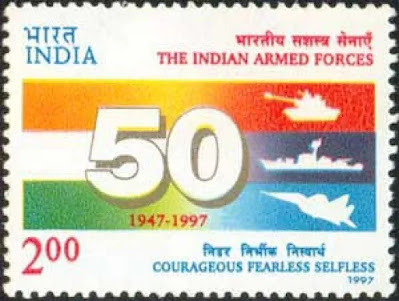Bodhi Day commemorates the day when Siddhartha Gautama, the historical Buddha, attained enlightenment under the Bodhi tree.
The story goes that Siddhartha Gautama, who later became the Buddha, spent several years in deep meditation and spiritual practice. On the night of his enlightenment, he resolved to meditate until he reached the ultimate understanding and liberation from the cycle of birth and death. As the morning star appeared in the sky, Siddhartha Gautama finally attained enlightenment and became the Buddha, the "Awakened One."
Bodhi Day is an occasion for Buddhists to reflect on their own paths to enlightenment, practice meditation, and engage in acts of kindness and generosity. It is a time for deep introspection and a renewed commitment to the core principles of Buddhism, such as the Four Noble Truths and the Eightfold Path.
Observances on Bodhi Day may include meditation sessions, teachings, chanting, and acts of charity. Individuals may also decorate Bodhi trees with lights and ornaments as a symbolic representation of the tree under which the Buddha attained enlightenment.









